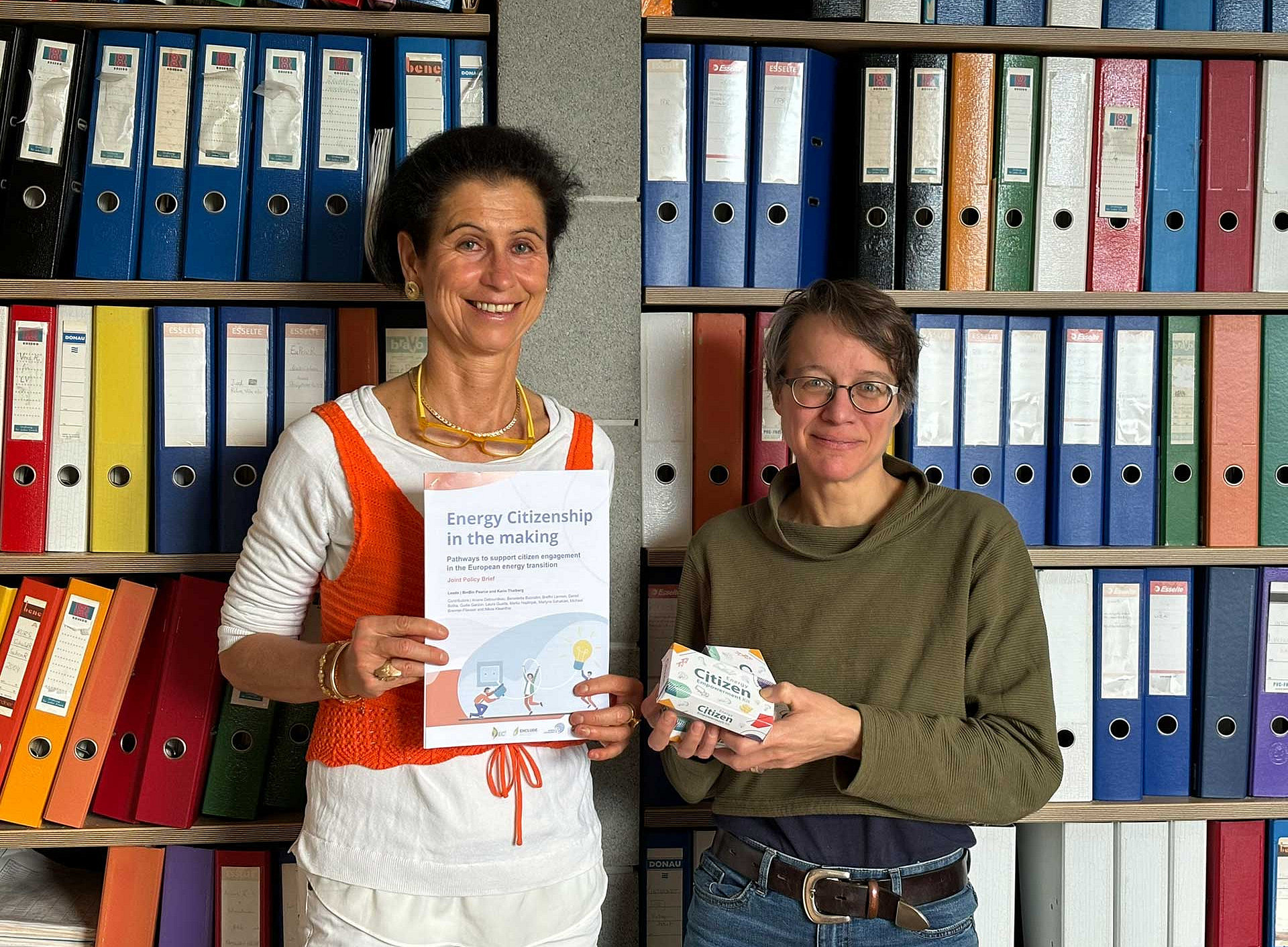The Austrian coordination office lists around 300 renewable energy communities. There could be many more, say legal scholar Brigitta Lurger and social psychologist Katja Corcoran.
As part of the EU Horizon 2020 project "EC² - Energy Citizenship and Energy Communities for a Clean Energy Transition", the two researchers have developed proposals on how legal, socio-psychological and economic barriers can be broken down. Together with other scientists from seven European countries, they want to support the transition to a sustainable energy supply. They confirm: "The energy crisis has fueled momentum and significantly increased interest."
Rethinking the law
In the energy transition driven by EU policy, there is a shift in responsibilities, so to speak. Lurger: "Because the individual should now think about the common good." However, the very complex legal framework conditions, some of which are enshrined in public law, do not take sufficient account of the associated burdens. For example, there are stumbling blocks when installing PV systems on multi-party buildings, as the consent of all residents or the landlord may be required.
Amendments are also needed to the Electricity Industry and Organization Act, for example to ensure that communities can feed into electricity grids and become independent of the dominant operator groups.
One-stop store
The two scientists believe that local authorities in particular have a role to play: "They should play a more active role in coordination, advice and also in municipal housing construction." This is because clear, low-threshold information is extremely important due to the complexity of the subject matter. "So that we don't just reach people who are already interested in the topic."
Lurger and Corcoran speak of a one-stop store where all the threads come together at municipal level and legal, technical and critical issues are resolved. Furthermore, the promotion of social networking among the new energy community members and the exchange of experience among experienced participants from older energy communities and newcomers is important.
The project team also recommends an entertaining approach and has developed a card game for this purpose. This is intended to raise questions and get people talking.
Eliminating inequalities
Joining forces also brings economic benefits. Brigitta Lurger: "Not everyone can afford a purchase on their own, which increases social differences." A community compensates for this because both installation and electricity are cheaper.
Katja Corcoran mentions a positive side effect: "The community spirit motivates people in an often anonymous neighborhood to get involved and make a difference." But: "Especially in times of crisis, when there is a lot of financial and psychological stress, bureaucratic processes need to be made all the simpler."
Research is anchored in the Smart Regulation profile area.
